For some candidates, the South is where their greatest strength lies and a win in South Carolina makes it more possible to win the many Southern states that follow, particularly Florida. But for campaigns that have been battered and bruised in Iowa and New Hampshire, South Carolina always seem to represents a last chance for success. Those are the campaigns which are usually the most desperate and it is out of desperation that they begin to openly make their strongest, most outrageous, attacks on their rivals. Then there are the smear campaigns that desperate candidates begin in South Carolina.
In 200o, South carolina Bush supporters began an undergorund effort that saw fliers that labeled McCain “the fag candidate” circulated in churches. Then a not so subtle whisper campiagn began to accuse McCain of homosexuality, and having illegitimate children and a drug addicted wife. Then there was the smear designed to paint McCain as being unstable. That underground effort was timed to coincide with Bush’s public references to McCain’s “temper”.
With 9 days remaining till voting in South Carolina begins, there will be plenty of time for a whole host of similar whisper campaigns to start. I expect to hear a few good ones that try to raise doubts about Romney that stem from exaggerations about his Mormon faith, a religion which is about as foreign to South Carolinians as one can possibly get.
In the meantime, the airwaves are being taken over by commercials that reflect very different strategies.
Rick Perry has recently come out with a spot called “President of Honor”. It tries to spark support for him among the inordinately large military population in South Carolina.
Ron Paul, fresh off of his own slew of negative attack ads like “Betrayal” is also targeting veterans for support of his candidacy.
And while Paul is targeting veterans, a pro-Paul Super PAC called Santa Rita PAC is is doing the same by urging voters to support our troops by supporting Ron Paul.
Then there is a group independent from all the presidential candidates, which is airing an attack on Ron Paul. The Emergency Committee for Israel features Gary Bauer in a spot that takes Ron Paul on for his dangerous foreign policies and conspiracy theories.
Newt Gingrich has chosen to stay focussed on destroying Mitt Romney in his campaign to exact revenge. His most recent South Carolina ad attacks Mitt on the issue of abortion and plays on doubts about Mitt’s conservative credentials.
Meanwhile, Mitt Romney is leaving the negative attacks up to his supportive Super PACs, such as this one which goes after Newt, sponsored by the pro-Romney PAC, Restore Our Future.
As Mitt leaves the dirty work up to his Super PACs, his campaign is investing most of its money in ads that aim at Barack Obama. Like in this one which he began running last week and which goes after the NLRB decision against Boeing.
A Rick Santorum Super PAC called the Red, White, and Blue Fund is airing a positive piece pitching Santorum as the principled conservative.
While that one is up, flush with an injection of $3 million in donations since his virtual tie in Iowa, Santorum’s campaign is airing another ad which casts him as the full spectrum conservative and the one who can beat President Obama.
And that is all just the beginning. Pretty soon South Carolina’s airwaves will be polluted with more rhetoric, accusations, and false claims than we will be able to keep track of. And that is when the real smear campaigns will begin, when it becomes too hard to really track it back to anyone specific.
But before that happens, Mitt Romney is already airing his ads in Florida, the state where much of this race will conclude. One of Mitt’s first ads up there is entitled Nosotros and essentially speaks to the very influential conservative Cuban American voting bloc in the Sunshine State.
Filed under: South Carolina | Tagged: 2012 Presidential Election, Anthony Del Pellegrino, campaign ads, GOP, kempite, Mitt romney ads, Newt gingrich ads, Republican, Republican Presidential Candidates, republican presidential candidates on the issues, republican presidential election, Rick Perry Ads, Ron Paul ads, South Carolina, south carolina ad war, South Carolina Presidential primary, South Carolina presidential primary ads, south carolina republican primary, WH12, White House 2012, whitehouse12, who will win the prrsidential election, who will win the white house, wordpress political blogs, youtube political ads | Leave a comment »





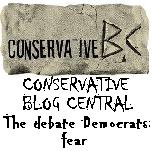
 Online Conservative Talk Radio
Online Conservative Talk Radio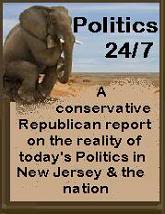 Poitics 24/7
Poitics 24/7 The Bulldog Pundit
The Bulldog Pundit The Right Scoop
The Right Scoop To Be Right
To Be Right Verum Serum
Verum Serum
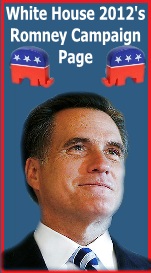
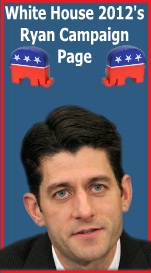





 Mark Levin
Mark Levin Michelle Malkin
Michelle Malkin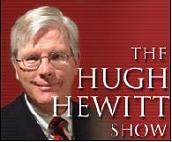 The Hugh Hewitt Show
The Hugh Hewitt Show
